You know the feeling. It's barely past dawn on a July morning, and already sunshine is streaming through your bedroom curtains and promising a glorious day ahead.
Those long summer days entice us to do so much more – plan that garden party, take the longer coastal walk, say yes to the evening barbecue that might run well past sunset.
As well as exciting, it can also be exhausting.
The same season that invites us to be our most active can sometimes demand more from our bodies than we're ready to give.
Energy can evaporate as the warmer weather increases your body’s nutritional demands. It can leave you feeling drained and sluggish, your muscles might cramp more easily, and hot, restless nights can make sleep elusive.
And one often-overlooked nutrient plays a key role in all of this: magnesium.
Why magnesium matters more in summer
Magnesium is involved in over 300 essential processes in the human body. It helps produce energy, supports muscle and nerve function, assists in regulating your temperature, and even influences hydration and sleep.
During summer, when physical activity and heat exposure increase, the body’s magnesium demands rise – yet many of us aren’t getting enough. According to the UK’s National Diet and Nutrition Survey, nearly half of us have low magnesium intakes, especially older adults and teenagers.
And here's the catch: you lose magnesium when you sweat. That makes hot weather and extra activity a double drain – increasing both your need for magnesium and how much you lose.
Here’s what magnesium does for you in summertime:
Powering you all day long
Feeling sluggish after a long summer day? Magnesium is essential for the creation of ATP, the molecule that powers every cell. Without enough, your body’s energy production slows – which can leave you feeling worn out even after a full night’s sleep.
It also supports your muscles to move more freely and recover more easily. Low magnesium levels can lead to more frequent cramps, tightness, or twitching – particularly after physical activity.
Helping you keep your cool
One of magnesium’s lesser-known but crucial roles in summer is supporting thermoregulation – helping the body maintain a stable core temperature.
A lack of magnesium can amplify feelings of stress, which in turn leads to increased sweating and a loss of magnesium – a vicious cycle that can keep driving down your magnesium levels.
Supporting your hydration
Proper hydration isn’t just about drinking enough water – it’s about keeping it where it’s needed. Magnesium is an electrolyte, working with sodium and potassium to regulate fluid balance in your cells.
It also supports the absorption of water, helping your body use what you drink more efficiently. That’s why magnesium is a key player in hydration formulas and electrolyte blends. Without it, you're more prone to muscle cramps, fatigue, and feeling drained.
Better sleep, even on warm nights
Longer daylight hours and more activity can disrupt your normal sleep rhythm. Research shows that magnesium improves sleep quality, particularly in older adults.
Magnesium supplementation can also lower your cortisol – the stress hormone – helping to calm the central nervous system and get you a better night’s sleep.
Simple strategies for summer flourishing
Eat magnesium-rich foods – Leafy greens, almonds, pumpkin seeds, black beans, bananas, and whole grains are all excellent sources.
Stay hydrated – Drink water regularly, especially after activity or in the heat. Add a pinch of sea salt or an electrolyte mix if you’re sweating a lot.
Cool your environment – Open windows during cooler evenings; close them and the curtains during the day. Shade, fans, and light clothing make a big difference.
Why magnesium bisglycinate makes a smart summer supplement
It's always a good idea to try and get more magnesium from your diet – but a smart supplement is a safe and effective way to top it up and give your body what’s missing.
But not all forms of magnesium are easy to absorb. Some – like magnesium oxide – have low bioavailability and can also cause digestive upset.
Magnesium+ Advanced contains a special formulation called magnesium bisglycinate chelate buffered. This helps magnesium cross the intestinal wall more easily and lets your body absorb it by natural amino acid pathways – a ‘VIP’ channel to your bloodstream, with key benefits.
It’s up to four times more absorbable than some common forms and gentle on the stomach. It also stays in the body for longer – to be used when it’s really needed in those long summer days.
Embrace your summer potential
Summer should be a season of vitality and joy. Those long, sunshine-filled days aren't meant to exhaust us – but to expand our possibilities.
Whether it's supporting energy, enhancing muscle recovery, or ensuring those precious summer nights are filled with restorative sleep, the right nutritional support can make every moment count.
After all, summer doesn’t last long – so embrace every golden moment of it at your absolute best.
References
Gröber, U. et al. (2015). Magnesium in Prevention and Therapy. Nutrients, 7(9), 8199–8226. https://doi.org/10.3390/nu7095388
UK National Diet and Nutrition Survey (NDNS), 2018
Bohl, C. H., Volpe, S. L. (2002). Magnesium and exercise. Critical Reviews in Food Science and Nutrition, 42(6), 533–563. https://pubmed.ncbi.nlm.nih.gov/12487419/
Souza ACR et al, (2023). The integral role of magnesium in muscle integrity and aging: A comprehensive review. Nutrients, 2023;15(24):5127. 16. doi.org/10.3390/nu15245127
Stendig-Lindberg, G., Moran, D., Shapiro, Y. (1998). How significant is magnesium in thermoregulation? Journal of basic and clinical physiology and pharmacology, 9(1), 73–85. https://pubmed.ncbi.nlm.nih.gov/9793804/
Pickering, G. et al. (2020). Magnesium Status and Stress: The Vicious Circle Concept Revisited. Nutrients, 12(12), 3672 https://pubmed.ncbi.nlm.nih.gov/33260549/
Gums, J. G. (2004). Magnesium in cardiovascular and other disorders. American Journal of Health-System Pharmacy, 61(15), 1569–1576. https://pubmed.ncbi.nlm.nih.gov/15372830/
Abbasi, B. et al. (2012). The effect of magnesium supplementation on primary insomnia in elderly: A double-blind placebo-controlled clinical trial. Journal of Research in Medical Sciences, 17(12), 1161–1169. https://pubmed.ncbi.nlm.nih.gov/23853635/
Schuette, S. A., et al. (1994). Bioavailability of magnesium diglycinate vs magnesium oxide. Journal of Parenteral and Enteral Nutrition:, 18(5), 430–435.
https://pubmed.ncbi.nlm.nih.gov/7815675/
Garrison SR, Dormuth CR, Morrow RL, Carney GA, Khan KM. Seasonal effects on the occurrence of nocturnal leg cramps: a prospective cohort study. CMAJ. 2015;187(4):248-253. https://pubmed.ncbi.nlm.nih.gov/25623650/








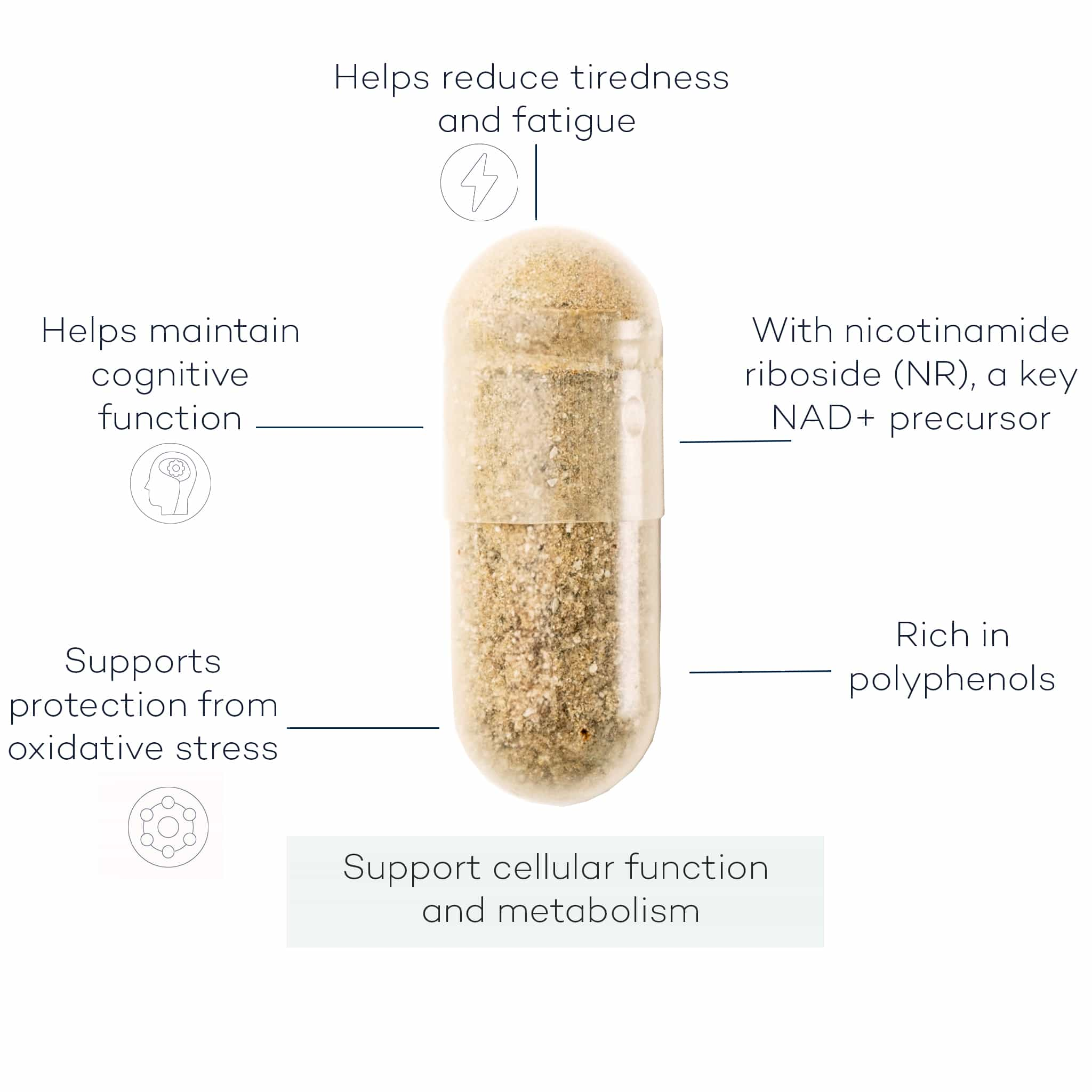

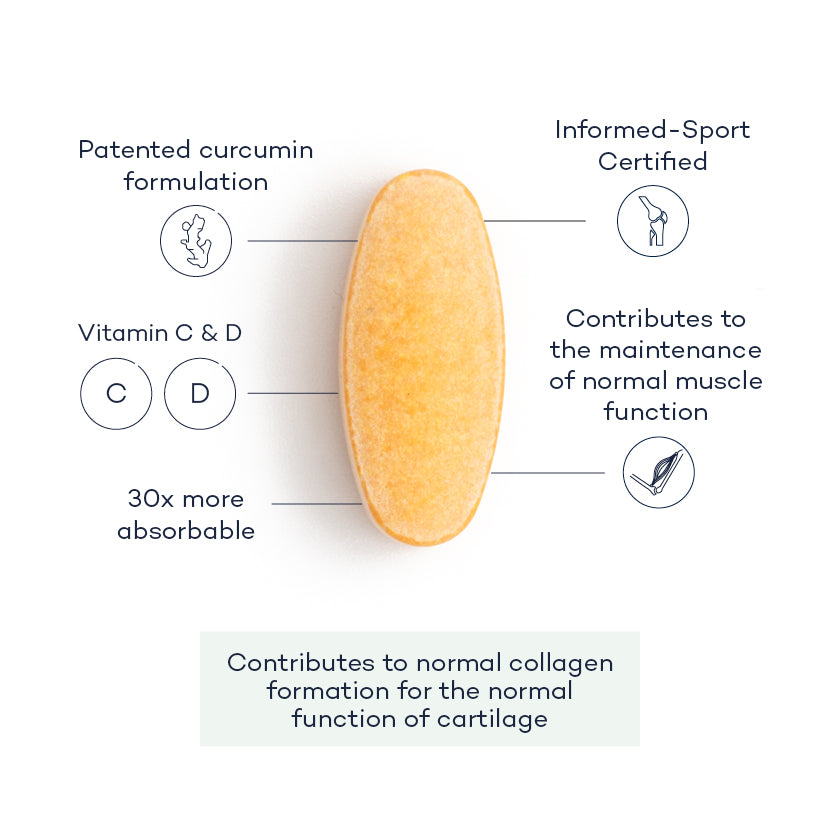

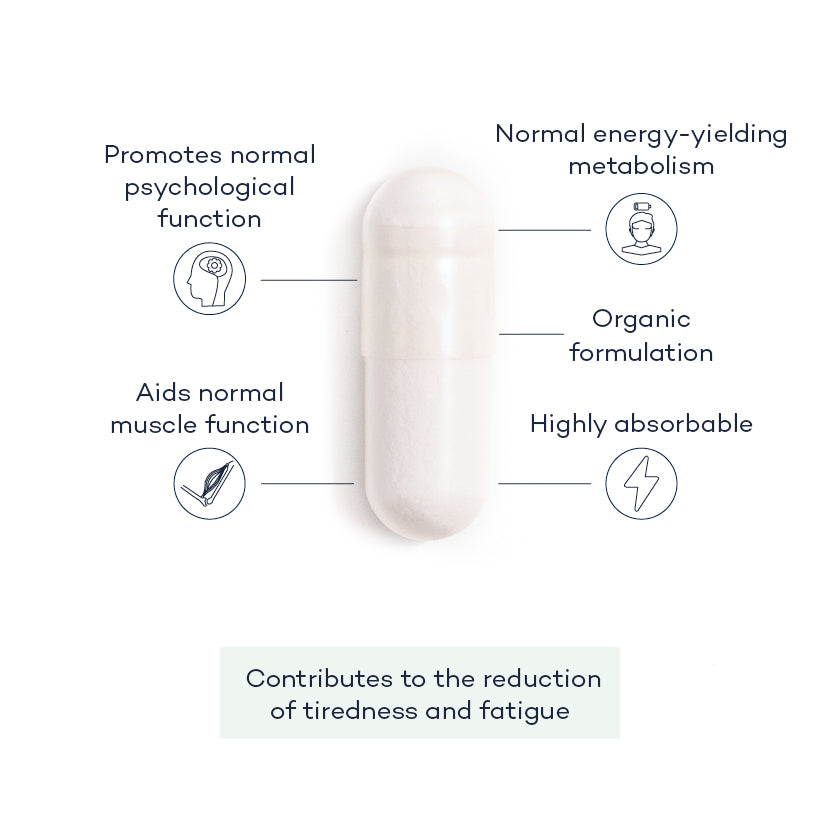

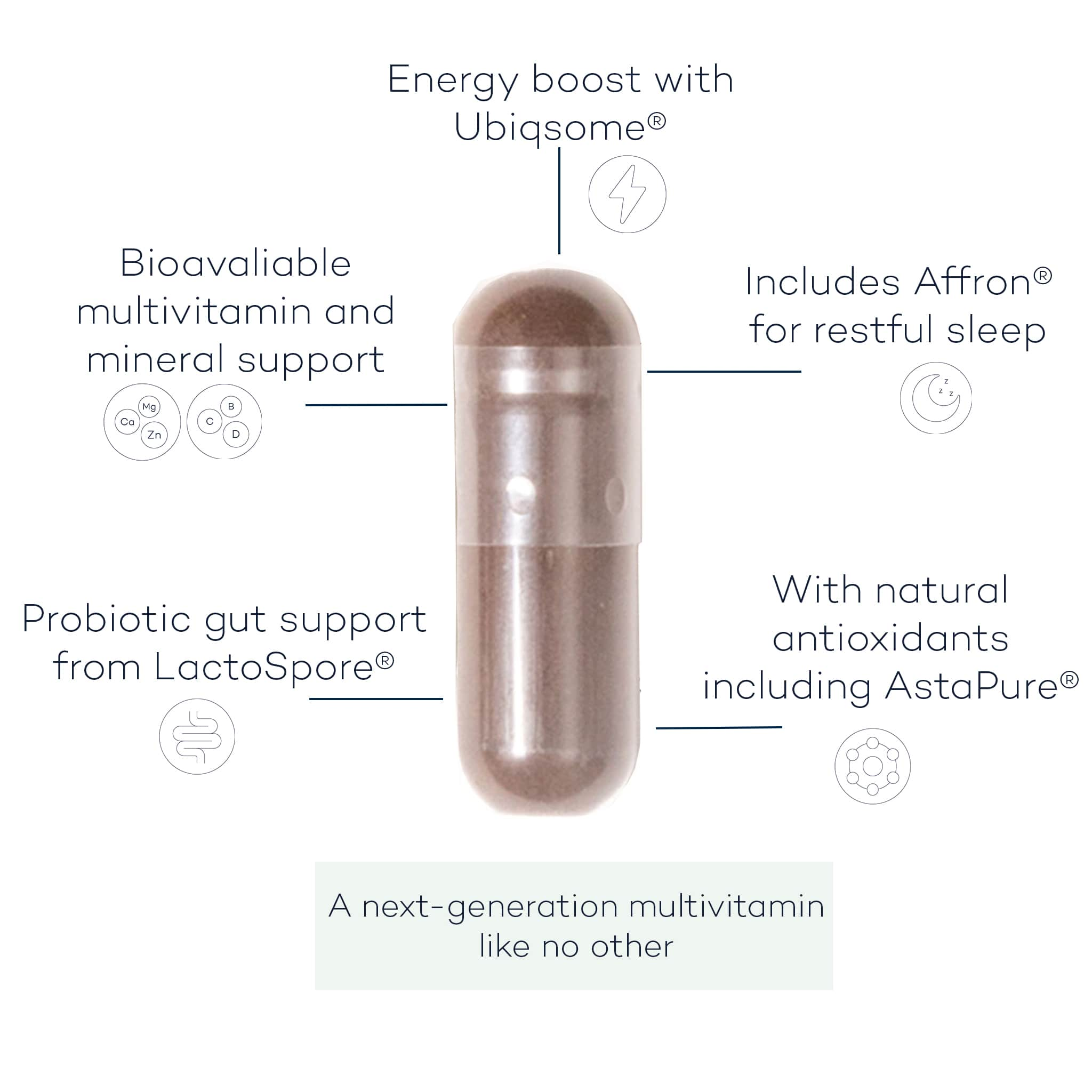
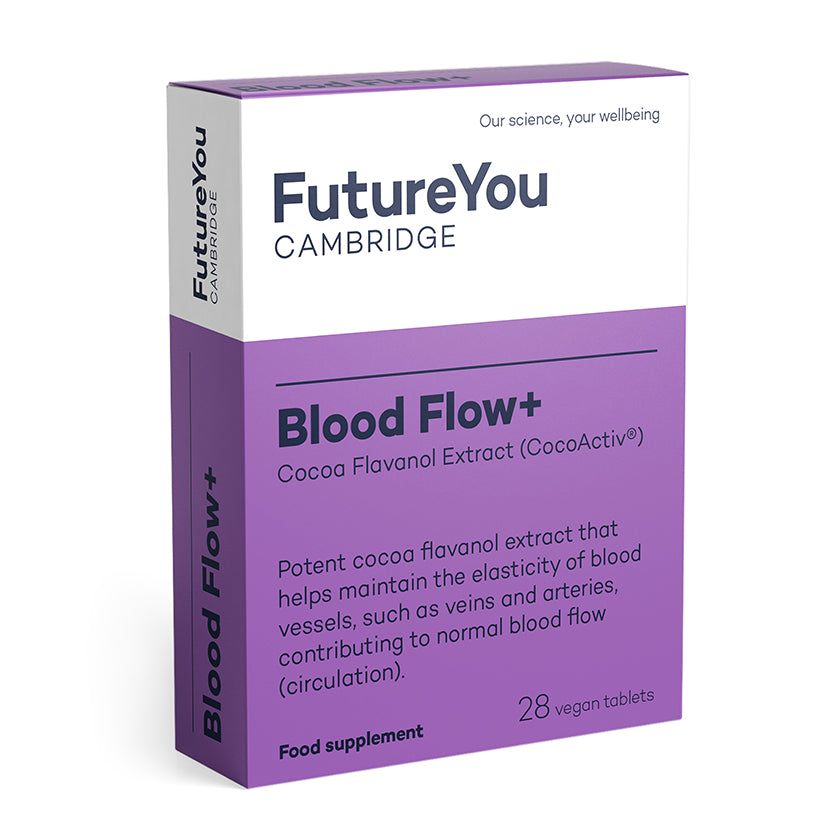
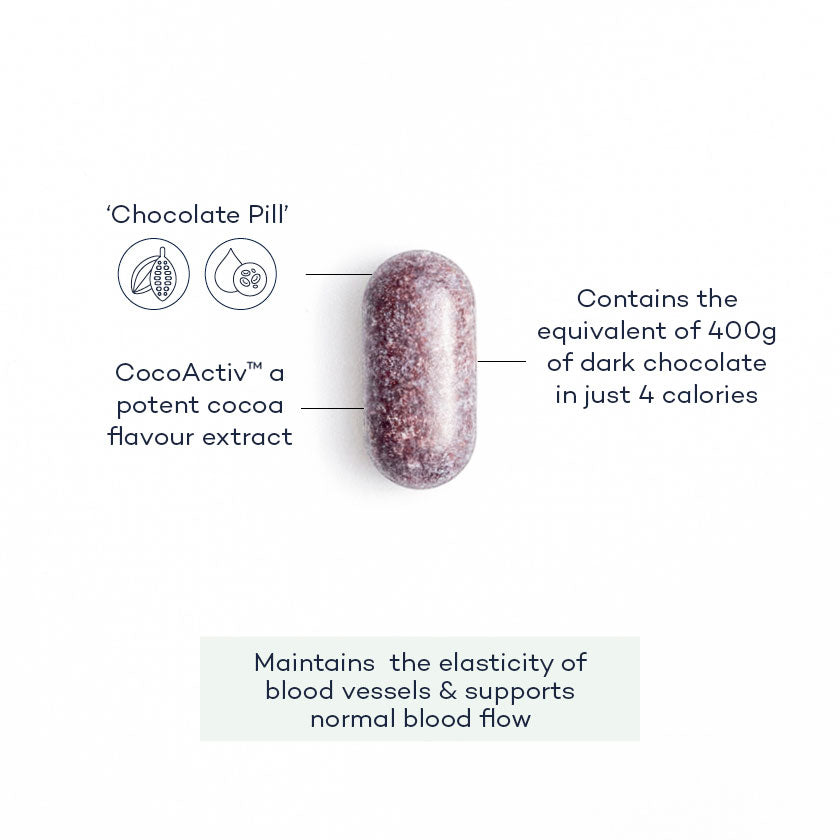


Leave a comment
All comments are moderated before being published.
This site is protected by hCaptcha and the hCaptcha Privacy Policy and Terms of Service apply.